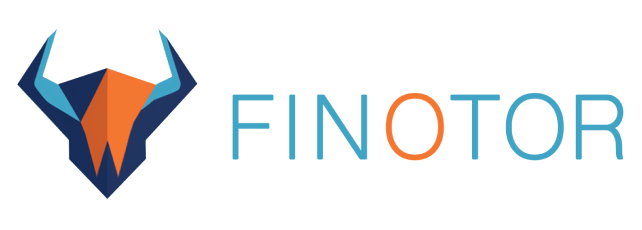Navigating Accounting Software
In the modern business world, accounting software has become an essential tool for managing financial transactions and generating financial reports. As both an accountant and a company manager, understanding the features and benefits of accounting software is crucial for efficient financial management and informed decision-making. This article aims to provide a comprehensive understanding of accounting software from both an accountant’s and a company manager’s perspective.
What is Accounting Software?
Accounting software is a type of computer software designed to manage and process accounting transactions such as accounts payable, accounts receivable, payroll, and general ledger. It helps in recording financial transactions, generating financial statements, and managing other accounting-related activities.
Key Features of Accounting Software
- Transaction Recording: Accounting software helps in recording financial transactions such as sales, purchases, receipts, and payments.
- Financial Reporting: It generates financial reports such as the income statement, balance sheet, and cash flow statement.
- Accounts Payable and Receivable Management: It helps in managing accounts payable and receivable by tracking amounts owed by customers and amounts owed to suppliers.
- Payroll Processing: It helps in processing payroll by calculating employee salaries, deductions, and taxes.
- Budgeting and Forecasting: It helps in preparing budgets and forecasts by analyzing historical financial data.
- Tax Preparation: It helps in preparing tax returns by calculating tax liabilities and generating tax reports.
- Inventory Management: It helps in managing inventory by tracking stock levels and generating inventory reports.
- Multi-Currency Support: It supports transactions in multiple currencies and converts them into the home currency for reporting purposes.
Benefits of Using Accounting Software
- Efficiency: Accounting software automates repetitive and time-consuming accounting tasks, thereby increasing efficiency and reducing errors.
- Accuracy: It helps in reducing errors by automating calculations and reducing manual data entry.
- Real-Time Reporting: It provides real-time financial reports, which helps in making informed decisions.
- Compliance: It helps in complying with legal and tax requirements by generating accurate and timely financial reports.
- Cost Savings: It reduces the cost of hiring additional staff for accounting tasks and reduces the risk of errors and penalties.
- Data Security: Accounting software provides data security by restricting access to authorized users and protecting against data loss.
Example
Let’s consider an example to illustrate the benefits of using accounting software:
Suppose a company has the following financial transactions in a month:
- Sales: $50,000
- Purchases: $30,000
- Employee Salaries: $10,000
- Other Expenses: $5,000
Using accounting software, the company can record these transactions, generate financial reports, and manage other accounting activities as follows:
- Transaction Recording: The company can record the sales, purchases, employee salaries, and other expenses in the accounting software.
- Financial Reporting: The accounting software will generate the income statement for the month as follows:
| Income Statement | |
|---|---|
| Sales | $50,000 |
| Less: Expenses | |
| Purchases | $30,000 |
| Employee Salaries | $10,000 |
| Other Expenses | $5,000 |
| Net Income | $5,000 |
- Accounts Payable and Receivable Management: The accounting software will track the amounts owed by customers and the amounts owed to suppliers.
- Payroll Processing: The accounting software will calculate the employee salaries, deductions, and taxes.
- Budgeting and Forecasting: The accounting software will analyze the historical financial data and help in preparing budgets and forecasts.
- Tax Preparation: The accounting software will calculate the tax liabilities and generate tax reports.
Conclusion
Accounting software is an essential tool for managing financial transactions and generating financial reports. It offers various features such as transaction recording, financial reporting, accounts payable and receivable management, payroll processing, budgeting and forecasting, tax preparation, and inventory management. Using accounting software provides several benefits such as increased efficiency, reduced errors, real-time reporting, compliance, cost savings, and data security. As an accountant or a company manager, it is crucial to understand the features and benefits of accounting software and select the one that best fits the company’s needs. This will help in efficient financial management and informed decision-making.
